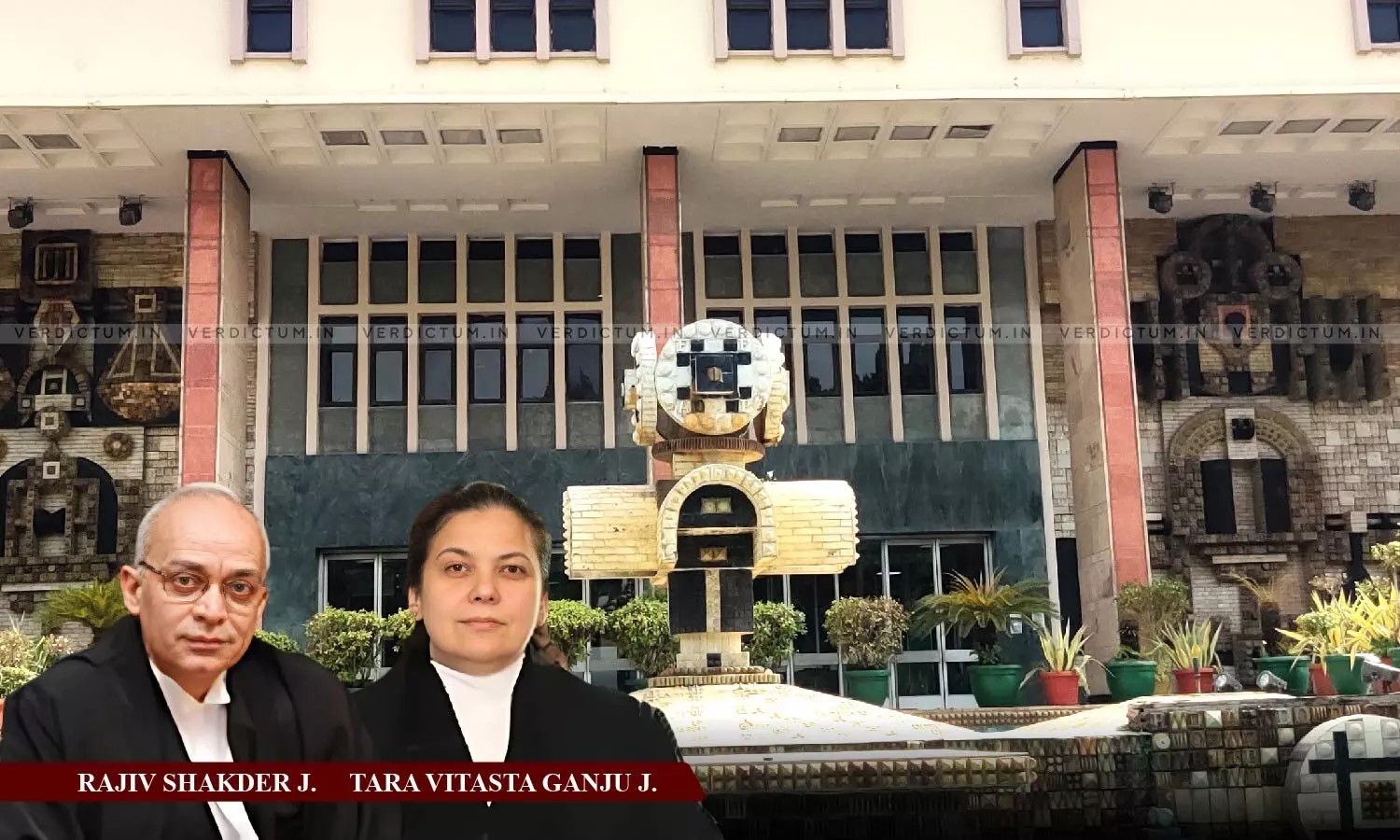
Taxpayer Entitled To Tax Credit On Income From Foreign Subsidiary Spared From Tax There, As Per Meaning Of 'Tax Payable' Under DTAA: Delhi HC
 |
|While upholding the ITAT’s order allowing tax credit to Indian company on its dividend income from Thai subsidiary based on the concept of 'tax sparing', the Delhi High Court held that “ordinarily the term “tax payable” would mean tax, which is owed or due, although not paid, however, the intent of the Contracting States must be ascertained from the term, as contained in the India Thailand DTAA, and not what would ordinarily be the meaning of a given expression or term”.
The Division Bench comprising of Justice Rajiv Shakder and Justice Tara Vitasta Ganju observed from a plain reading of Article 23 of India-Thailand DTAA, that credit for notional tax is granted as a "fillip and/or incentivize economic development/activity" which is a decision taken by treaty partners and unless there is ambiguity, the interpretation of the expressions “Thai tax payable” or “Indian tax payable” should be based on a plain reading of what is provided in Articles 23(3) and 23(5).
The Bench stated that the said provisions exemplify mutuality of interests in giving stimulus to investment for securing economic development in both countries.
Referring to Prof. Klaus Vogel's Commentary, the Bench highlighted that tax sparing as a concept exists and remarks that "There are critics of such provisions, but this is a decision which lies with the Contracting States".
Advocate Kunal Sharma appeared for the Revenue Department, whereas Advocate Ved Jain appeared for the Assessee.
In a nutshell, the batch of appeals pertained to AYs 2010-11 to 2013-14 in the case of Polyplex Corporation Ltd. which included dividend income from its Thai subsidiary in its Income tax return and also claimed credit of the tax it would have ordinarily paid in Thailand i.e. 10% but for the statutory regime in Thailand that exempted dividend from levy of such tax. The Revenue Department declined the tax credit as the tax on dividends was not paid by the Assessee. On appeal, the ITAT observed that to obtain a benefit under Article 23, it was not necessary that the Assessee ought to have paid tax, what was relevant was whether it was liable to pay tax.
The Revenue Department argued that the promotion certificate issued to the Thai subsidiary permitted the Thai subsidiary to not pay tax on the dividend distributed by it, however, in the hands of the Assessee, such dividend distributed became an income, and hence, the Assessee cannot be allowed to rely upon the exemption under Thai law to claim tax credit in India.
After considering the submission and the provisions of Article 23 of India-Thailand DTAA, the High Court stated that the provisions are configured to incentivise investments in Thailand by granting tax credit on tax payable in Thailand but not paid due to exemption or reduction granted under the Thai law.
While negating the stance of Revenue that the issue of exigibility of dividend income to tax and its exemption, being the subject matter of foreign law is to be remitted to the AO, the High Court observed that “even though foreign law raises an issue of fact, which requires proof of the given fact, no proof is required in the instant case, as the foreign law in question is referred to, specifically, in the DTAA which is being executed by Contracting States”.
The Bench elaborated that dividends are distributable profits and if net profit is exempt from corporate income tax, dividends could not possibly be amenable to tax.
Regarding the promotion certificate not mentioning dividends, the Bench found that it specifically alludes to an exemption of dividends distributed from the levy of corporate income and the Revenue Department had never made this submission before lower authorities.
While underscoring that concept of tax sparing is embedded in several DTAAs executed by India, such as with France, Jordan and Oman, apart from Thailand, insofar as the India-Thailand DTAA is concerned, the Bench stated that credit for tax sparing works for residents of Thailand, as well as India.
Finally, the High Court concluded that tax credit is a mechanism which is engrafted in DTAAs to incentivize investment for economic development and interdiction of such provisions would be detrimental to the larger public interest.
Cause Title: PCIT v. Polyplex Corporation Ltd.
Click here to read/download the Judgment